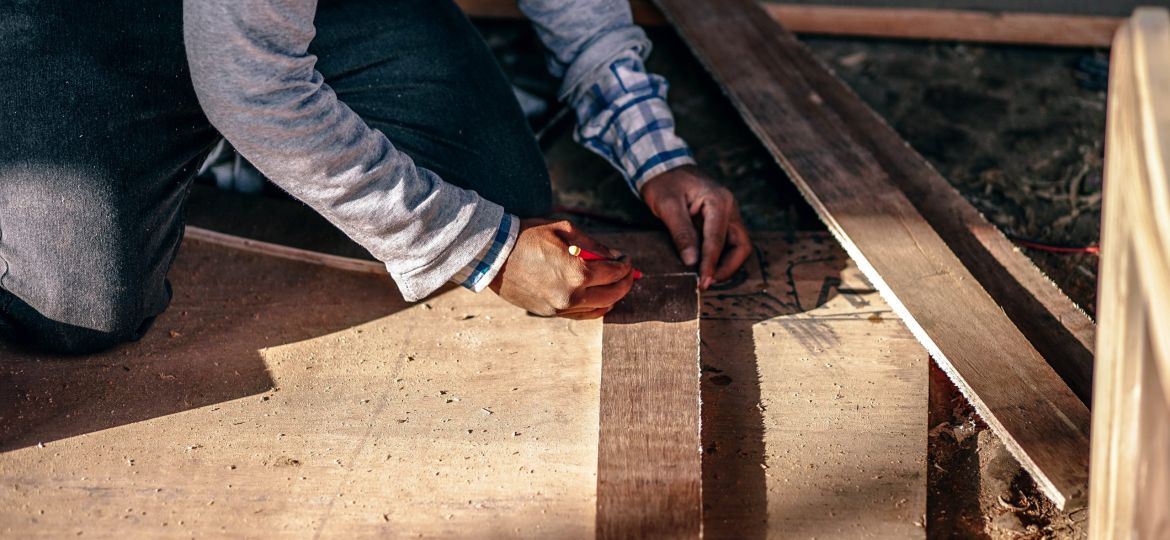
- Get at least three written estimates.
- Check references. If possible, view earlier jobs the contractor completed.
- Check with the local Chamber of Commerce or Better Business Bureau for complaints.
- Be sure the contract states exactly what is to be done and how change orders will be handled.
- Make as small of a down payment as possible so you won’t lose a lot if the contractor fails to complete the job.
- Be sure that the contractor has the necessary permits, licenses, and insurance.
- Check that the contract states when the work will be completed and what recourse you have if it isn’t. Also, remember that in many instances you can cancel a contract within three business days of signing it.
- Ask if the contractor’s workers will do the entire job or whether subcontractors will be involved too.
- Get the contractor to indemnify you if work does not meet any local building codes or regulations.
- Be sure that the contract specifies the contractor will clean up after the job and be responsible for any damage.
- Guarantee that the materials that will be used meet your specifications.
- Don’t make the final payment until you’re satisfied with the work.

